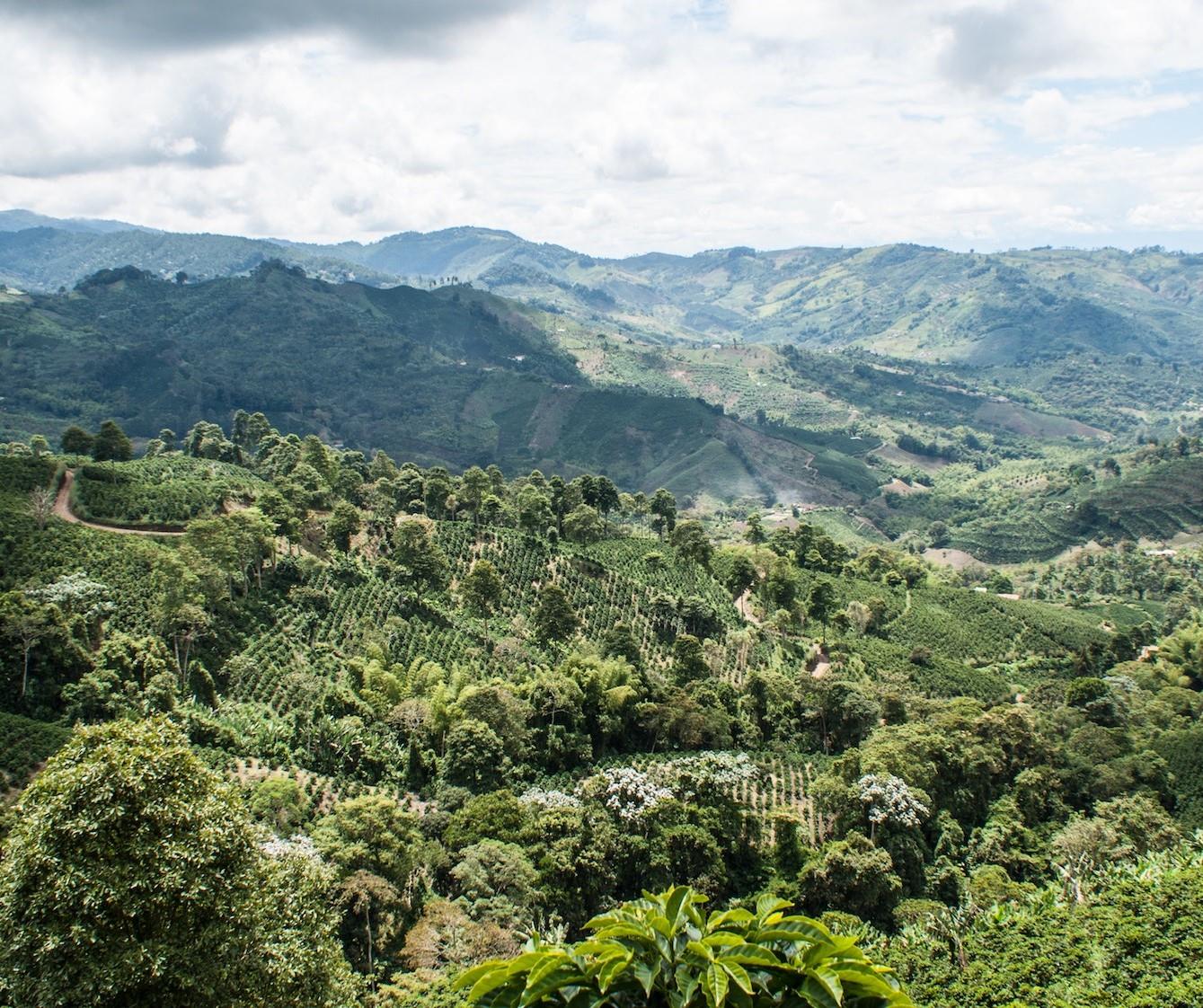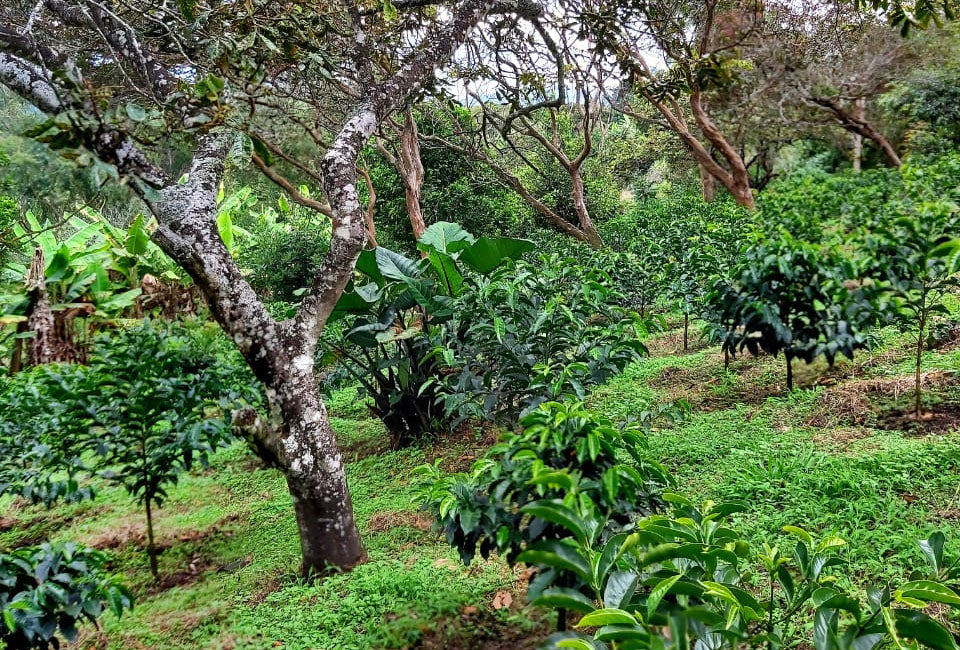Mario Hervas and Typica Mejorado
Posted by Ivica Cvetanovski on
Since the beginning of the farm, Mario has used his knowledge as an agronomic and rose grower to obsessively enhance Finca El Meridiano.
The 25-hectare Finca El Meridiano is located in the foothills of the Andes, among the biodiverse and flourishing cloud forests of Nanegal. Because of the climate surrounding Pichincha, farms have significant levels of rainfall and comparatively high humidity, which can be challenging for some coffee cultivars and kinds that are more suited to drier climates.
Mario tells us that the first six to seven years of managing the farm were difficult and that he made a lot of mistakes while learning the craft of growing, processing and selling coffee. Albeit inherent challenges, he persisted, and even though every year presents new difficulties and lessons learnt, it has begun to pay off. He overcame challenges and entered various and received recognition by placing tenth in the first Ecuador Cup of Excellence.
Mario attributes his success in part to his breeding and nursery operations. An Ethiopian landrace and Bourbon were crossed to create the "Typica Mejorado" cultivar, which originated in a Nestle variety garden. This kind is becoming well-known for its high quality.
Every tree on the property has been bred, chosen, and germinated by Mario. The ten hectares of coffee planted are robust, healthy, high-yielding and of flawless quality because only Mejorado plants that fared successfully in Meridiano were chosen.
In order to highlight the purest essence of the area and cultivar, Mario has been adjusting his washed method (and more lately, his white/yellow honey process). The quality of the private springs that supply the farm water is one factor he attributes to the fermentation's quality.
Due to its dollarised economy, Ecuador's domestic goods and services, including labour, are generally more costly than those of its neighbors. The effort required to pick the cherries is one of the most difficult aspects of managing a specialized farm in Ecuador. In Ecuador, there is less seasonal nomadic employment since many people who would do it have moved north in pursuit of economic empowerment. It can be difficult to keep pickers on board even when Mario pays extra for quality; in fact, it's almost preferable to pay someone who selects poorly (and re-sort the cherries at the collection point) rather than to press the issue and have them not show up the next time.
The 25-hectare Finca El Meridiano is located in the foothills of the Andes, among the biodiverse and flourishing cloud forests of Nanegal. Because of the climate surrounding Pichincha, farms have significant levels of rainfall and comparatively high humidity, which can be challenging for some coffee cultivars and kinds that are more suited to drier climates.
Mario tells us that the first six to seven years of managing the farm were difficult and that he made a lot of mistakes while learning the craft of growing, processing and selling coffee. Albeit inherent challenges, he persisted, and even though every year presents new difficulties and lessons learnt, it has begun to pay off. He overcame challenges and entered various and received recognition by placing tenth in the first Ecuador Cup of Excellence.
Mario attributes his success in part to his breeding and nursery operations. An Ethiopian landrace and Bourbon were crossed to create the "Typica Mejorado" cultivar, which originated in a Nestle variety garden. This kind is becoming well-known for its high quality.
Every tree on the property has been bred, chosen, and germinated by Mario. The ten hectares of coffee planted are robust, healthy, high-yielding and of flawless quality because only Mejorado plants that fared successfully in Meridiano were chosen.
In order to highlight the purest essence of the area and cultivar, Mario has been adjusting his washed method (and more lately, his white/yellow honey process). The quality of the private springs that supply the farm water is one factor he attributes to the fermentation's quality.
Due to its dollarised economy, Ecuador's domestic goods and services, including labour, are generally more costly than those of its neighbors. The effort required to pick the cherries is one of the most difficult aspects of managing a specialized farm in Ecuador. In Ecuador, there is less seasonal nomadic employment since many people who would do it have moved north in pursuit of economic empowerment. It can be difficult to keep pickers on board even when Mario pays extra for quality; in fact, it's almost preferable to pay someone who selects poorly (and re-sort the cherries at the collection point) rather than to press the issue and have them not show up the next time.



